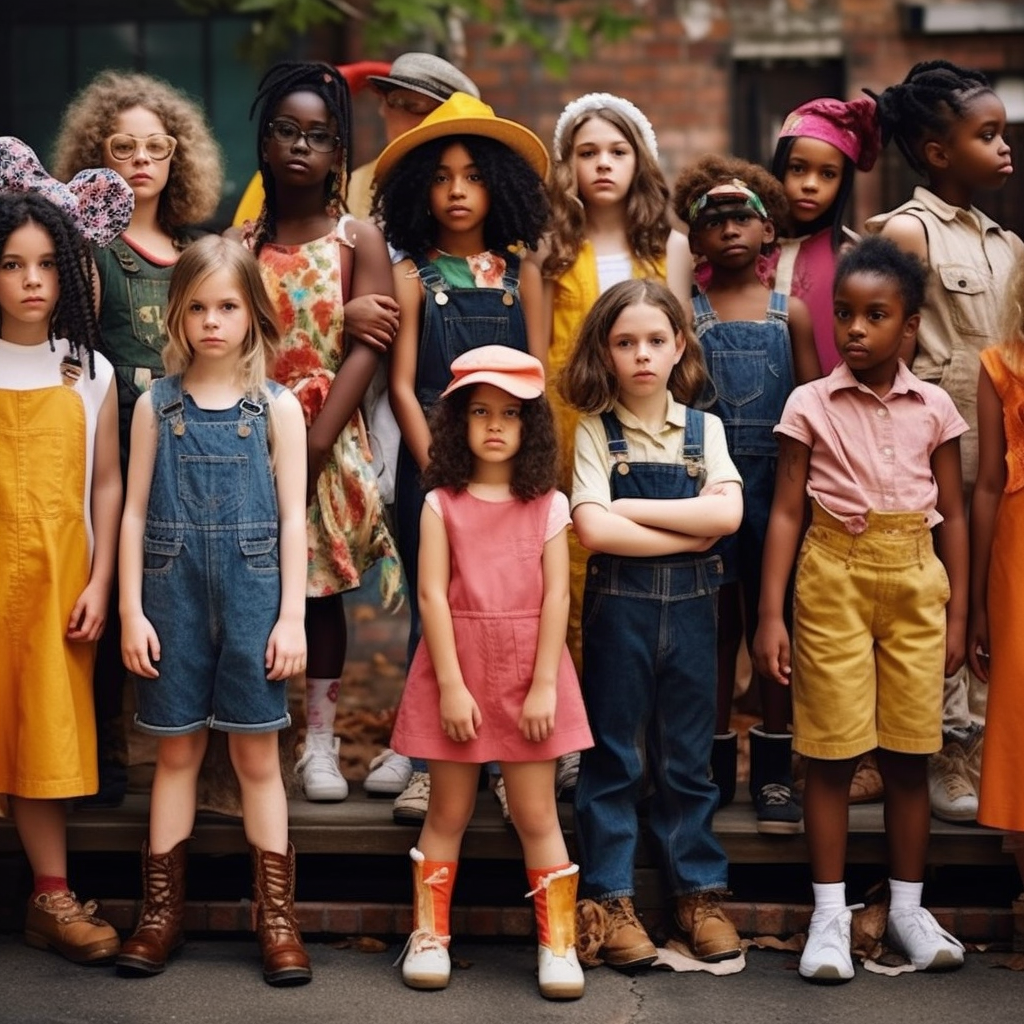Women and girls rights – Human rights
August 6, 2024

Often, in countries with patriarchal societies, when human rights are discussed, specifically the rights of women and girls, they are not taken into account and prioritized, just like all categories of society.
The unequal position of girls and women in Kosovo in every field, the difficulties they have in every sphere of life, even though with a lot of commitment of civil society organizations and activists there have been improvements and advances, we cannot say that we have had results tangible and long-term, all of which is a consequence of the lack of institutional commitment at the appropriate level, the lack of genuine gender policies and policies for protection from gender-based violence and femicide.
Kosovo has always stood and continues to stand well with various integrated laws and conventions, in terms of human rights and protection from violence and discrimination, but their implementation has always shown difficulties and a lack of institutional will, but they are not prioritizing such policies and commitments.
In Kosovo, every day there is a commitment to equality, each and every one in their own way and with their own opportunities, from many human rights organizations but also from many activists everywhere.
It has been many years now that March 8, International Women’s Day, in Kosovo is a day of resistance and a day of seeking the rights of girls and women, a day of seeking justice for victims of violence and a call for civic participation and institutional commitment.
Our appeals throughout Kosovo have often changed worldviews, thoughts and attitudes, on the urgent need to commit to equality and feminism and the meaning and discussion on them, as an integral part of a dignified life.
Human rights and women’s rights are closely related, as the promotion and protection of women’s rights are fundamental to the achievement of general human rights. Women’s rights encompass a range of issues, including gender equality, reproductive rights, freedom from violence and discrimination, access to education and health care and economic empowerment.
Gender equality is a core principle of human rights.
A key aspect of women’s rights is reproductive rights. This includes the right to make decisions about one’s own body, including access to safe and legal abortion, contraception and reproductive health care services. Reproductive rights are essential for women to exercise control over their lives, health and well-being.
Freedom from violence and discrimination is another essential aspect of women’s rights. Women around the world face various forms of violence, including domestic violence, sexual assault and forced marriage. These violations not only harm women, but also perpetuate gender inequality and undermine societies as a whole. Protecting women from violence and guaranteeing their safety is a basic human right.







